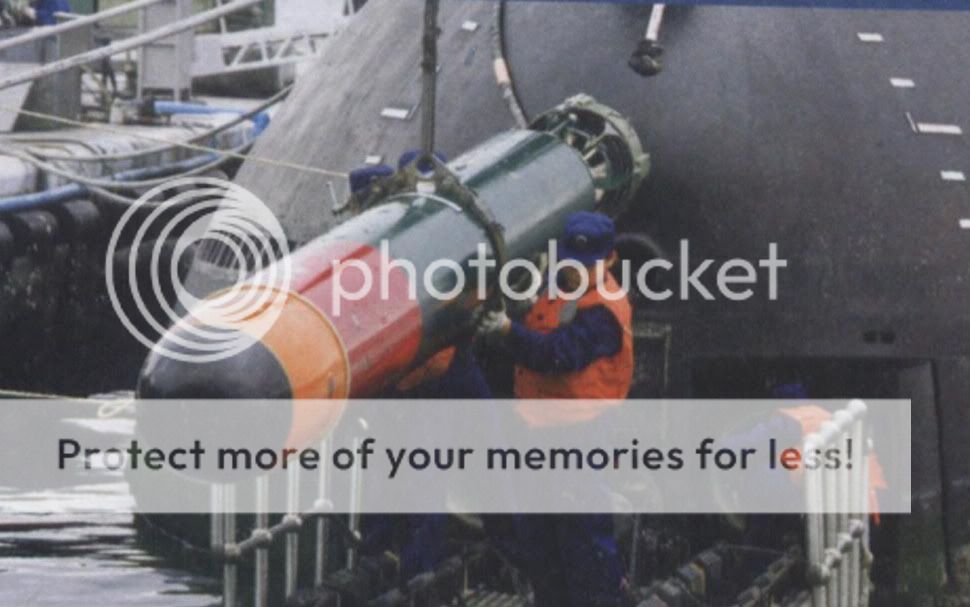- Joined
- May 26, 2010
- Messages
- 31,122
- Likes
- 41,041
In torpedo delay lies opportunity to build domestic industry







The ceremony on Monday marking the "undocking" --- or completion of work --- on India's first Scorpene submarine should have occasioned relief. Yet, naval headquarters faces the lingering question: how will the navy's six Scorpenes fight, when their primary weapon --- the Black Shark torpedo --- is blocked by a ministry of defence (MoD) ban on the company chosen to supply them: Whitehead Alenia Sistemi Subacquel (WASS) of Italy.
Although the MoD has formally banned only AgustaWestland, all Finmeccanica companies effectively came under a shadow. Amongst the procurements stalled was the purchase from WASS of 98 Black Shark heavyweight torpedoes for six Scorpenes, for about Euro 300 million.

This requires the navy to make do with 64 old SUT torpedoes that were bought a quarter century ago for its four German Shishumar-class submarines.In July 2013 German company, Atlas Elektronik, was contracted to upgrade the SUT torpedoes and to extend their service life by 15 years. Even so, the SUT would retain their old copper wire-guidance systems that are inferior to modern torpedoes


Underwater systems experts, including serving Indian Navy admirals, say WASS' Black Shark torpedo --- now banned --- was always a poor choice. They say the better solution, both tactically and strategically, was the Seahake torpedo that Atlas Elektronik offered, but was controversially pushed down to second place.
Seahake advocates argue that even the Italian Navy rejected the Black Shark, instead choosing Atlas Elektronik torpedoes. As its next-generation choice, Italy has plumped for the F-21 Future Heavyweight Torpedo, that Atlas Elektronik is co-developing with French company, Thales. France too rejected the Black Shark.
The MoD's department of defence production knows that this large customer base allows Atlas Elektronik to maintain cutting-edge capability in all seven torpedo systems --- the homing head; explosive warhead; battery; electronic systems; propulsion system; wire guidance system and propellers.In contrast, WASS outsources entire torpedo systems: Atlas Elektronik supplied the Black Shark's wire-guidance system; a French company supplied the battery. Therefore, a question mark hangs over WASS ability to transfer technology for manufacturing torpedoes in India. In contrast, Atlas Elektronik, which owns 99 per cent of the intellectual property (IP) in its torpedoes, is in a position to transfer technology to India for building torpedo sub-systems and integrating them into complete torpedoes.


India is poised to be the world's biggest torpedo buyer, requiring an estimated 400-600 torpedoes for six Scorpenes being rolled out, six Project 75I submarines on the anvil, and 4-6 nuclear-powered submarines planned.
Instead of issuing piecemeal tenders for small batches of torpedoes, such as the 98 currently being bought for the Scorpene, the MoD can deploy an irresistible strategic offer to induce a full-spectrum vendor like Atlas to "Make in India", in partnership with domestic high-technology companies.
"In the automotive sector, India's massive demand for cars induced international vendors to establish manufacturing facilities here, which then became global hubs. Similarly, our torpedo requirements would surely induce Atlas Elektronik to establish major facilities in India for its global supply chain", says an Indian defence company CEO.
Such a strategic approach would greatly benefit the Defence R&D Organisation (DRDO), which is developing an indigenous heavyweight torpedo, named the Varunastra. A strategic relationship with Atlas Elektronik would help resolve technological roadblocks in the Varunastra.
Source : Broadsword: In torpedo delay lies opportunity to build domestic industryWhile WASS is an Italian company, Atlas Elektronik is Franco-German. It is 51 per cent owned by ThyssenKrupp Marine Systems, with the remaining 49 per cent owned by Airbus.
The United States does not supply torpedoes, while the navy is apprehensive about Russian torpedoes, especially after the sinking of a submarine, INS Sindhurakshak, on August 14, 2013, which sources say was caused when its torpedoes exploded after a battery fire.








